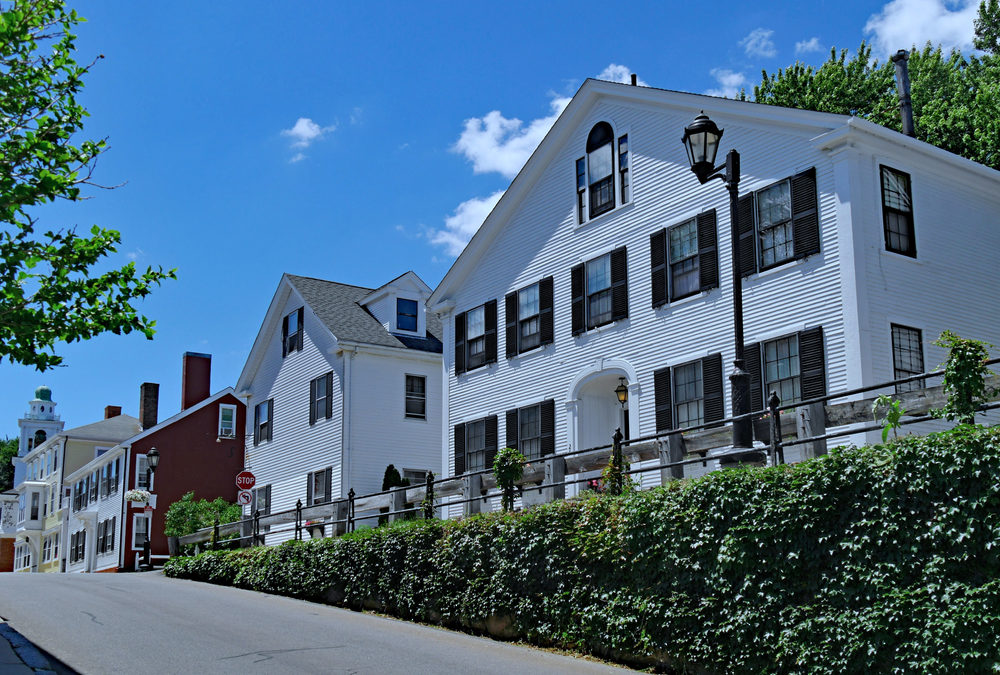The amendments to the Massachusetts Zoning Act, stemming from the economic development legislation signed into law last year by Governor Baker, have resulted in a number of sweeping changes. Not only do the new regulations pave the way to reshape town centers, but they create various new opportunities for developers. Specifically, a new provision in the Zoning Act — Section 3A — requires the 176 municipalities served by the Massachusetts Bay Transit Authority to allow zoning for at least one multi-family district near a commuter rail, subway, ferry, or bus station.
In December, the Department of Housing and Community Development released draft guidance with proposed criteria to assist MBTA communities in determining whether they are compliant. The Baker administration seeks comments regarding the guidelines from stakeholders and the public through March 31, 2022.
What is Section 3A?
Each small city and town in the Commonwealth has its own local zoning laws through ordinances and bylaws. However, all 350 municipalities must adhere to the requirements set forth by the amendments made to Massachusetts Zoning Act. Over half must also comply with Section 3A, which requires MBTA communities to adopt “as of right” multi-family zoning.
In complying with the new zoning laws, the multi-family district must also meet the following requirements:
- There must be no age requirements
- The housing must be suitable for families with children
- The minimum gross density of the districts must be 15 units per acre
- The district must be located no more than half a mile away from an MBTA commuter station
The draft guidance provides flexibility in satisfying the density requirements, allowing for the creation of subdistricts within a single multi-family district. Varying density requirements and limitations could be applied to each subdistrict, provided the gross density as a whole satisfies the statutory criteria for compliance.
In addition, the draft guidance allows for leeway in meeting the statutory location requirement. If an MBTA community does not have land within .5 miles of a commuter station, the multi-family district can be created in a location with “reasonable access” to transit, based on existing street patterns, pedestrian walkways, or bike paths.
MBTA communities that fail to comply with Section 3A will be ineligible to receive certain state grants and funds, including funding from MassWorks, Local Capital Projects, and Housing Choice Initiatives. Under the draft guidance, municipalities must take measures to implement the new requirements within a reasonable amount of time.
Other Changes to the Zoning Laws
There are several other changes to the Massachusetts zoning laws developers should note that apply to all municipalities. Significantly, a two-thirds supermajority is no longer required for certain zoning provisions that facilitate the production of housing developments — now, only a simple majority vote is needed. The number of votes necessary to obtain a special permit for projects involving multi-family housing and mixed-use development deemed transit-oriented have also been reduced from a supermajority to a simple majority.
Additionally, the Act expressly provides that continuous cities and towns may enter into revenue-sharing agreements in connection with specific development. These arrangements are permitted with a majority vote of each town’s legislature, mayoral approval, and the approval of the Massachusetts Department of Revenue.
Contact Continental Law Group to Learn More
If you’re a real estate developer or builder, it’s crucial to have the guidance of a knowledgeable attorney who can provide strategic advice and help ensure your bottom line is protected. CLG offers high-quality legal services for a wide variety of commercial real estate matters in Massachusetts and New Hampshire. Based on a modern business model, CLG has offices located in Boston, Salem, MA, and Portsmouth, NH. Call (617) 616-8210 to learn more about CLG’s legal services.


Recent Comments